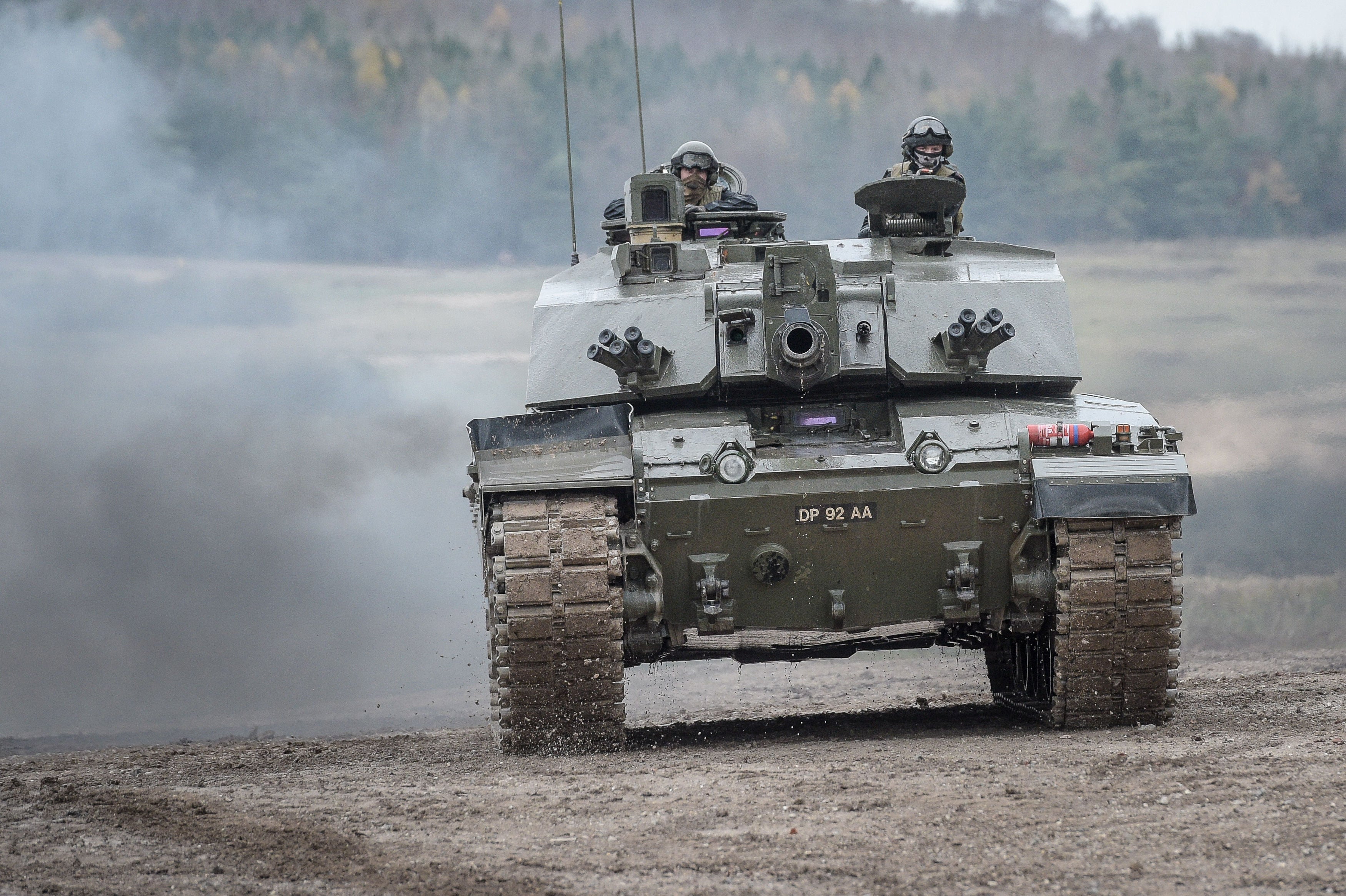British Army to establish new special operations brigade to tackle emerging threats
Ranger regiment will form core of new force which will engage in combat

Your support helps us to tell the story
From reproductive rights to climate change to Big Tech, The Independent is on the ground when the story is developing. Whether it's investigating the financials of Elon Musk's pro-Trump PAC or producing our latest documentary, 'The A Word', which shines a light on the American women fighting for reproductive rights, we know how important it is to parse out the facts from the messaging.
At such a critical moment in US history, we need reporters on the ground. Your donation allows us to keep sending journalists to speak to both sides of the story.
The Independent is trusted by Americans across the entire political spectrum. And unlike many other quality news outlets, we choose not to lock Americans out of our reporting and analysis with paywalls. We believe quality journalism should be available to everyone, paid for by those who can afford it.
Your support makes all the difference.The army is setting up a special operations brigade for missions abroad as ‘Global Britain’ seeks a broader military footprint with new and traditional allies outside Europe.
A Ranger regiment will form the core of the new force which will engage in combat, as well as carry out training, with the aim of signing a series of defence agreements and setting up a string of international bases.
The announcement of the new force came ahead of a command paper due out on Monday which will lay out details on military restructuring following the Integrated Review into defence, security and international relations policies.
The review stated that as part of post-Brexit Britain broadening its horizons, forces would be deployed more frequently and for longer periods overseas.
The Ranger regiment, a thousand strong unit comprised of four battalions, will be tier two special forces supporting the SAS and SBS, and the new brigade will be deployed to the “most contested environments”.
Areas where it may become active include Somalia, in the war against al-Shabaab. But it could also partner with militia allies such as the Kurdish Peshmarga in the conflict with Isis.
Read more:
The command paper will highlight a significant move towards cyber, offensive as well as defensive, and the use of lethal drones. At the same time the size of the army is expected to be reduced.
Senior commanders and ministers insisted that the cuts would not affect the armed forces adversely. Gen Sir Nick Carter, the head of the armed forces, said that “rather than focus on size and shape, I would focus on lethality, the relevance, the resilience and the readiness of our army and our armed forces”. Ben Wallace, the defence secretary, held that “it was time to move on from the game of numbers.”
Some of the high-tech armoury the special forces as well other branches of the services will be using was displayed by Royal Marines in combat simulation at Bovington Camp in Dorset.
They included an app named Atak which can vastly increase the effectiveness of troops in conflicts. Dan Cheesman, the Royal Navy’s chief technology officer, said that during a recent exercise in California, 100 British Marines came out on top over 1,500 US Marines after being augmented with the app. A DefendTex drone delivering explosives was, he said, “a flying grenade with the manoeuvrability of a snitch from Harry Potter”.
Air Chief Marshal Mike Wigston, the head of the RAF, said that with the rising use of drones, it was entirely possible 80 per cent of warplanes carrying out missions in 2040 would be pilotless in the sky.
General Sir Patrick Saunders, the chief of UK Strike Command, said the vision of a forward security and foreign policy laid out by the government meant that that it was essential that the “greyzone” non-traditional conflicts, including at the new frontline of space, needed to be addressed.
“We must also be prepared to confront rivals, adversaries, sub threshold in this grey zone, where we have been losing the initiative and losing our strategic advantage,” said Gen Saunders.
“So you’re going to see ships, soldiers, aircraft, deployed around the globe, and then there are the things you can’t see, space and cyberspace, will also be playing an active role.”
Join our commenting forum
Join thought-provoking conversations, follow other Independent readers and see their replies
Comments